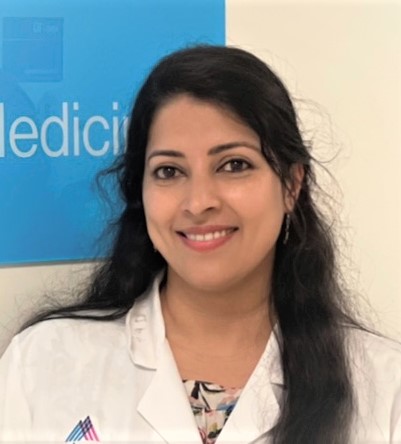 ConduITS – the Institutes for Translational Sciences provides various resources for the research community including training, education, and development fostering a strong foundation of meaningful community engagement among diverse partners built over decades to create local capacity and durable, equitable relationships, as well as improve the local environment and policies to impact health.
ConduITS – the Institutes for Translational Sciences provides various resources for the research community including training, education, and development fostering a strong foundation of meaningful community engagement among diverse partners built over decades to create local capacity and durable, equitable relationships, as well as improve the local environment and policies to impact health.
A team of Investigators at Mount Sinai recently collaborated with The Parsons School of Design in New York to develop and test novel strategies to report-back child tooth lead measurements to research study participants. Baby teeth are a novel matrix for identifying environmental exposures that allow researchers to pinpoint precisely when an exposure occurred, from the early prenatal period into childhood (Figure 2). The study, which utilized a team-science approach to develop a report-back “toolkit” that can be adapted for diverse populations, has led to national and international collaborations.
This project was led by Dr. Sarah Evans, Assistant Professor in the Department of Environmental Medicine and Public Health and ConduITS Community Engagement faculty, together with Co-Investigators Dr. Manish Arora, Professor and Vice Chairman of the Department of Environmental Medicine and Public Health who pioneered the tooth biomarker methodology, Dr. Maida Galvez, Professor in the Department of Environmental Medicine and Public Health and the ConduITS Community Engagement Core Director who has expertise in screening and treating children for lead exposure and Luz Guel, Community Engagement Core Coordinator for the NIEHS Environmental Health Core Center at Mount Sinai who served as interview facilitator to evaluate the usability and efficacy of toolkit materials and played a lead role in the generation of Spanish translations.
The multi-disciplinary team included Parsons School of Design’s Healthy Materials Lab Director Alison Mears and graduate students Daniela Castillo and Nada Salen, who developed the report-back toolkit consisting of a graphic representation of child lead levels in the form of a meter (Figure 1), local resources and tips to assist with lead exposure reduction, and a grocery guide to foods to reduce lead absorption. The goal of this study was to raise awareness about sources of lead and empower participants to reduce lead exposure and create a healthier living environment. All materials were created as modifiable templates for ease of use with different populations. For example, the team has adapted them for use with participants in a prospective cohort study in Mexico where ceramic glazes are the major source of exposure, unlike New York and other areas of the US where lead levels have historically been linked to house paint.
 (Figure 1)
(Figure 1)
As a tooth is forming, it lays down lead levels like rings on a tree using new methodology to dissect the layers of a tooth it can be identified when an exposure occurred such-as during pregnancy, a week after birth and including time-points up until the child loses that tooth, typically around age six.
 (Figure 2)
(Figure 2)
There is increasing recognition for the value of reporting-back personal data to participants in environmental health research studies. For example, reporting-back chemical exposures to research study participants has been shown to improve health literacy and increase study retention. However, reporting-back has not been a historically widespread practice in environmental health for a number of reasons, most notably due to concerns that many common exposures lack health-based standards. For example, a blood lead level greater than 3.5 micrograms per deciliter is considered elevated, but clinical guidelines for tooth lead levels and for most chemicals of concern like endocrine disruptors and pesticides do not exist. Nevertheless, studies have shown that participants appreciate and feel empowered by information about their personal exposure levels even in the absence of clinical certainty, particularly when paired with action steps that individuals can take to create a healthier environment. Dr. Evans and the study team hope to expand this work to support researchers across Mount Sinai and beyond in the reporting-back of environmental health data. This study was supported by Mount Sinai Environmental Health Sciences Core Center (NIEHS P30ES023515).
ConduITS is supported by NCATS of the NIH’s CTSA Program. Any use of CTSA-supported resources requires citation of grant number UL1TR001433 awarded to ISMMS in the acknowledgment section of every publication resulting from this support. Adherence to the NIH Public Access Policy is also required.


